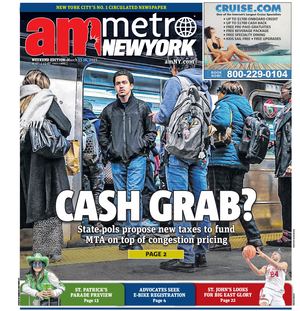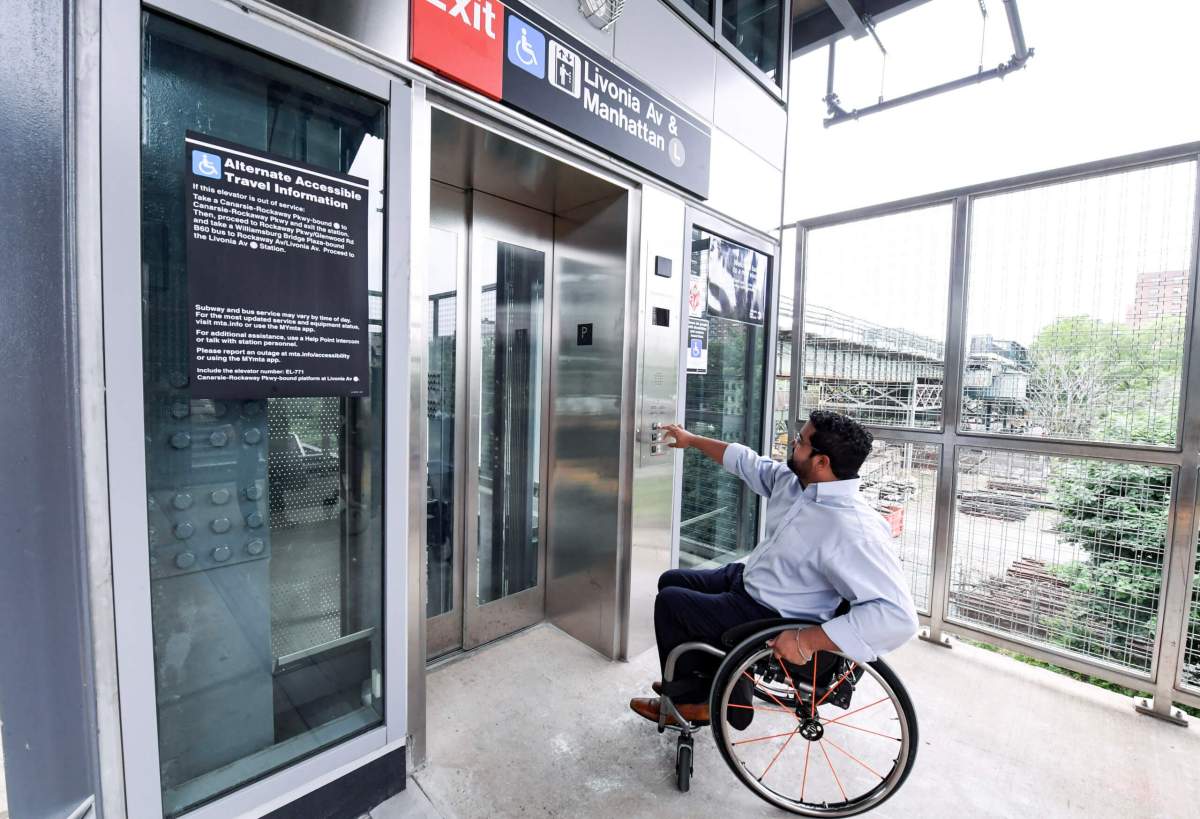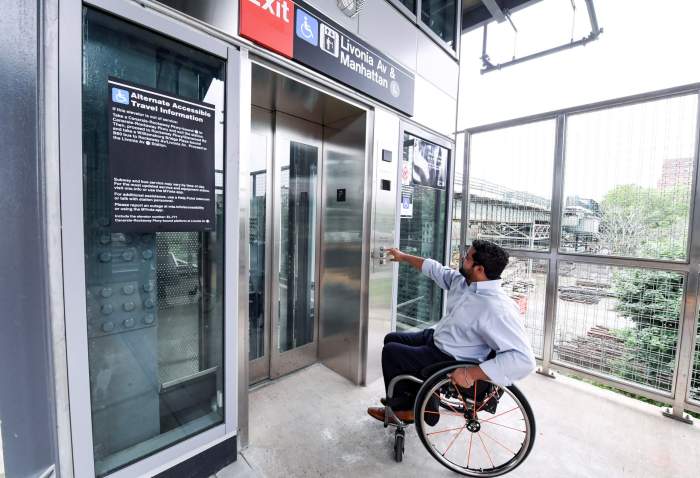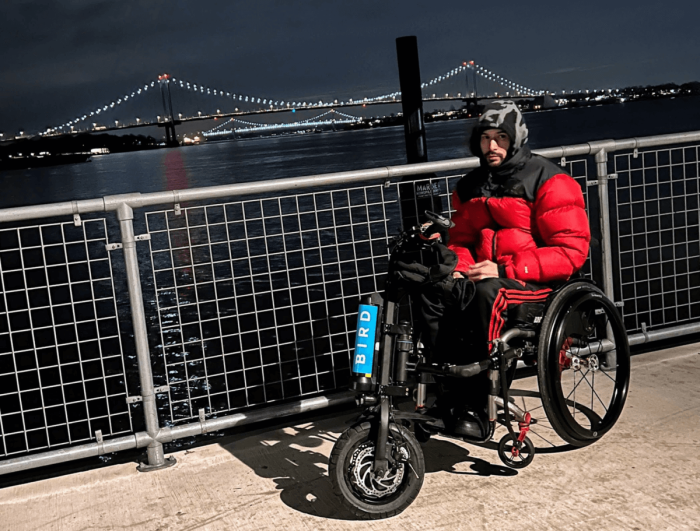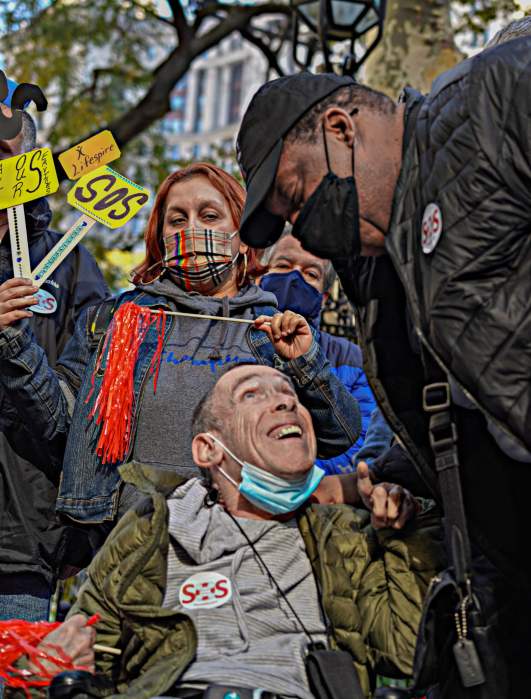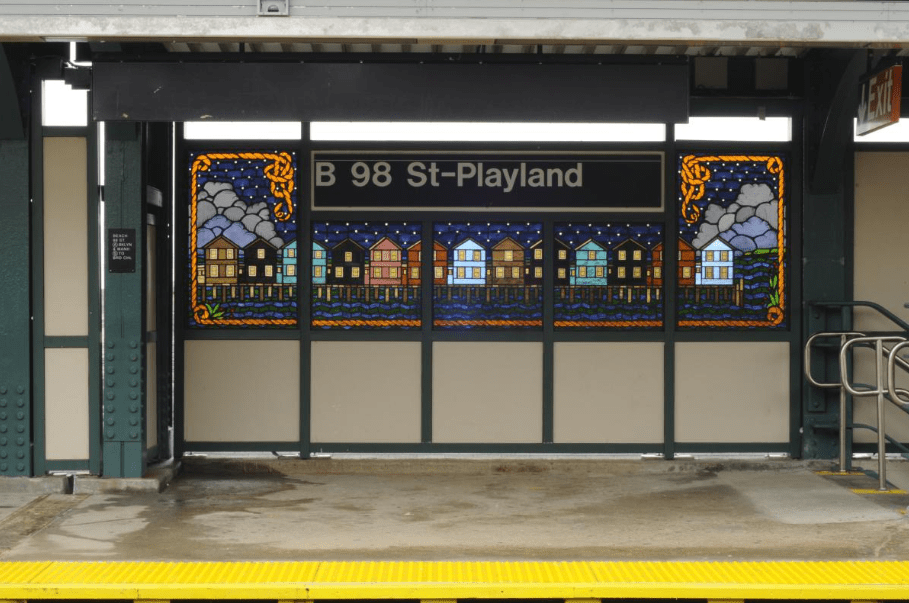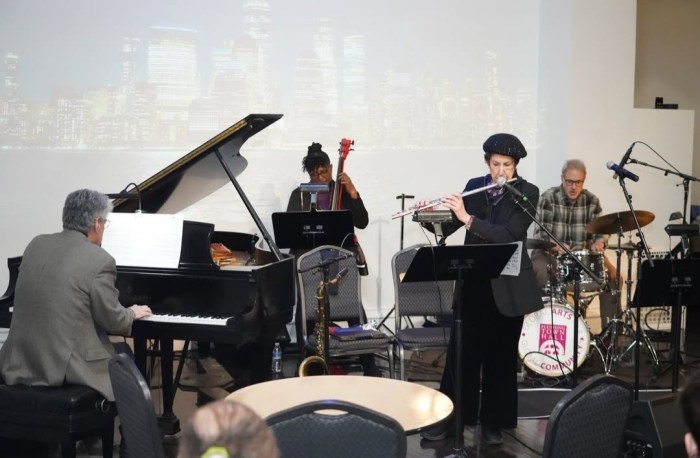The MTA is set to advance over $1 billion in accessibility upgrades at subway and commuter rail stations across the metropolitan area.
A slew of contracts the MTA is set to approve this week would see $965 million in spending on making eight subway stations fully compliant with the Americans With Disabilities Act, with the installation of 21 new elevators. Fourteen existing elevators at five other stations would see major upgrades.
The authority’s Capital Program Committee gave its stamp of approval to that contract, plus $114 million to bring nine LIRR stations into compliance, and $106 million for new elevators and various other accessibility upgrades at the Borough Hall station in Downtown Brooklyn.
The eight stations set to become newly accessible include:
- Brooklyn: Church Avenue (B/Q), Sheepshead Bay (B/Q), Kings Highway (F), Junius Street (3)
- Queens: Rockaway Boulevard (A), Woodhaven Boulevard (M/R), Steinway Street (M/R)
- Bronx: Mosholu Parkway (4)
Existing elevators will be replaced at:
- Manhattan: 34th Street-Penn Station (A/C/E)
- Brooklyn: Euclid Avenue (A/C)
- Bronx: 161st Street-Yankee Stadium (B/D/4), 3rd Avenue-149th Street (2/5)
The 21 new elevators and 14 elevator replacements, first reported by Gothamist, will be performed by a public-private partnership, where the private vendor will finance construction and maintain the new lifts, only to receive payment if the work meets the agency’s standards, said MTA Construction & Development president Jamie Torres-Springer.
“It’s a performance-based approach getting the MTA these accessible stations at a lower cost than a conventional construction and maintenance contract,” said Torres-Springer at a Tuesday meeting of the Capital Program Committee (CPOC).
The MTA selected as its vendor Elevated Accessibility Enhancements, a partnership between Italian infrastructure investment firm ASTM and construction company Halmar International; Halmar will subcontract elevator maintenance out to Otis, the most notable name in lifts.
Only about a quarter of the city’s subway system is compliant with the ADA more than three decades after the landmark law was approved, forcing the approximately 1 million New Yorkers with disabilities to navigate a Kafkaesque maze of limited options simply to get in and out of the system to go about their lives.
In June, the MTA settled a pair of class-action lawsuits by disability advocates that, per the terms, requires 95% of subway stations be ADA-accessible by 2055. The MTA’s current 2020-24 capital plan includes $5.2 billion for projects to make stations compliant with the ADA.
Correction: this story has been updated to note the contracting consortium is called Elevated Accessibility Enhancements, not Elevator Accessibility Enhancements.
